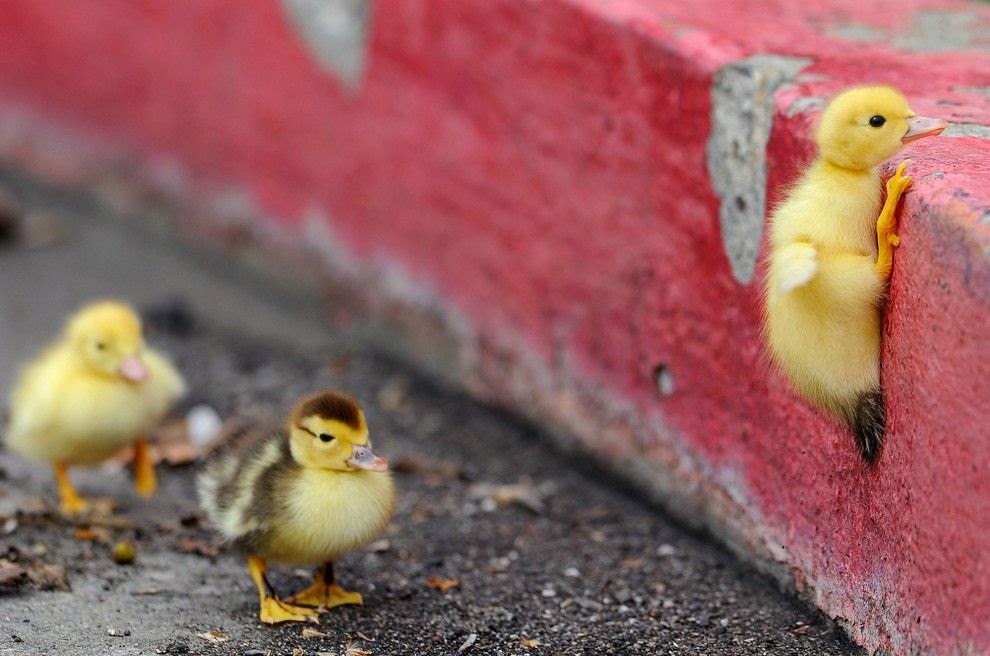The ABC Theory of Emotional Disturbance
illustrates how feelings and behaviour at C are determined by what happens at A
and B i.e. what we believe (B) about what happens (A). This is an A+B=C
philosophy. What happens when our constructed view of ourselves equates to an
A=C way of believing e.g. failing at A makes me feel depressed at C and causes me to give up.
An A=C philosophy ‘If I fail at A I feel really bad at C 'it' (A) makes me angry and sad’ is problematic for our less resilient kids because they are unaware that constructed beliefs at B have a lot to do with it!
A is what happens e.g. 'someone has
rejected me!' and C is how I feel and act in response to A e.g. 'I feel really
sad because she has rejected me so I stay at home etc' The depth of despair and
how long it lasts will depend on how self accepting the person is.
If a child ‘needs’ the approval of others
he/she is at risk of depression, anger, anxiety because their psychological
well being depends on how others view them. We want students
to have such a strong sense of self-worth that rejection and failure will not
be as damaging as could otherwise be (What I think of me is more important that your view of me!)
 |
| Don't tell me your problems |
It is easy to say 'you're OK no
matter what' but how do you demonstrate how this is true,
factual? Here are some strategies you can try!
1. Draw the outline of 3 people with one
full of pluses (+) one full of minuses (-) and one containing
both (more pluses of course). Discuss which best represents us i.e. are we
perfect, are we 'rubbish' or are we a composite of each? Does a negative
attribute take away all the positive ones? Does someones negative opinion of
you take away your positive attributes?
 |
| Don't let istakes define you |
2. Let children know they are not their
behaviour. Tell them they can act badly but that doesn't make them bad.
3. Tell them that anothers opinion of
them does not mean they are that opinion i.e. they don't have to accept another
persons appraisal of them (refer to 1. above)
 |
| I think I can even if you don't |
4. Always give behaviour specific feedback
and don't use global rating terms like naughty, bad, lazy etc.
5. Train yourself not to say 'good boy/girl.'
Why? Because they can choose good or bad behaviours but they are always
worthwhile!





